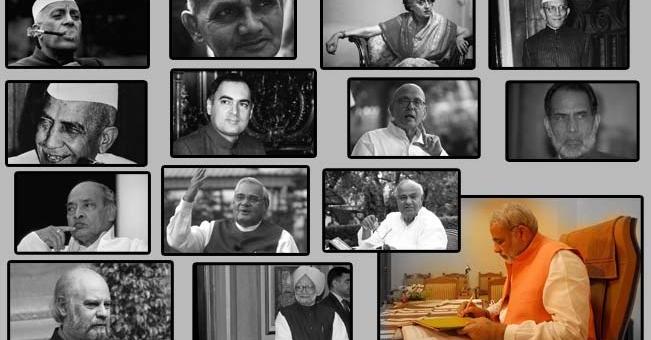India, the world’s largest democracy, has a rich political history shaped by the leadership of its Prime Ministers. Over the decades, these leaders have left an indelible mark on the nation, steering it through triumphs and challenges alike. From the post-independence era to the present day, India’s Prime Ministers have played a crucial role in shaping the country’s destiny. Let’s embark on a journey through time, exploring the legacy of the prime minister of India list.
1. Jawaharlal Nehru (1947-1964)
Jawaharlal Nehru, fondly referred to as “Panditji,” was the first Prime Minister of independent India. His charismatic leadership and vision were instrumental in laying the foundation for a strong democratic nation. Some of his notable contributions include:
– Non-Aligned Movement: Nehru played a pivotal role in advocating for non-alignment during the Cold War, positioning India as a neutral player on the global stage.
– Industrialisation: He championed the establishment of public sector enterprises, which laid the groundwork for India’s industrial growth.
– Education and Science: Nehru prioritised education and science, creating organisations such as the Indian Institutes of Technology and the Indian Institutes of Management.
2. Indira Gandhi (1966-1977, 1980-1984)
Indira Gandhi, the country’s only female prime minister to date, was a determined leader renowned for her quick decisions. Her tenure saw both commendable achievements and controversies:
– Green Revolution: Gandhi’s government implemented the Green Revolution, transforming India from a food-deficient nation to a self-sufficient one in terms of agriculture.
– Emergency: Her declaration of a state of emergency in 1975 was a contentious move, which suspended civil liberties and resulted in criticism of her leadership.
– Bangladesh Liberation: Gandhi’s government played a crucial role in the liberation of Bangladesh during the 1971 war with Pakistan.
3. Rajiv Gandhi (1984-1989)
Rajiv Gandhi, the son of Indira Gandhi, assumed office after her tragic assassination. He brought a youthful and modern outlook to governance:
– Information Technology: Gandhi focused on modernising India’s technological infrastructure, leading to significant advancements in information technology.
– Anti-Defection Law: His government introduced the Anti-Defection Law to curb political defections and strengthen party discipline.
– Bofors Scandal: Rajiv Gandhi’s tenure was marred by the Bofors scandal, which tarnished his image and led to political setbacks.
4. Atal Bihari Vajpayee (1996, 1998-2004)
A well-known BJP leader named Atal Bihari Vajpayee was the first non-Congress Prime Minister to serve a full term in office.
– Pokhran Nuclear Tests: Vajpayee’s government conducted the Pokhran-II nuclear tests, asserting India’s nuclear capabilities on the global stage.
– Economic Reforms: His administration pursued economic liberalisation and privatisation policies, promoting foreign investment and growth.
– Lahore Declaration: Vajpayee’s efforts to improve relations with Pakistan resulted in the signing of the Lahore Declaration, aiming for peace and cooperation.
6. Narendra Modi (2014-present)
The country’s current prime minister, Narendra Modi, is well-known in Indian politics:
– Make in India: Modi launched the “Make in India” initiative to boost domestic manufacturing and attract foreign investments.
– Swachh Bharat Abhiyan: His government initiated the Swachh Bharat (Clean India) campaign to promote cleanliness and sanitation nationwide.
– Demonetisation: Modi’s decision to demonetise high-value currency notes in 2016 aimed to curb black money but sparked debates on its effectiveness.
In Conclusion, India’s journey through time, guided by its Prime Ministers, has been fascinating. From Nehru’s nation-building efforts to Modi’s ambitious reforms, each prime minister of india list has left a distinct mark on the nation’s history. As India continues to evolve, the legacy of its Prime Ministers will undoubtedly shape its future, leaving a lasting impact on generations to come.
